Post-COVID Sleep Problems
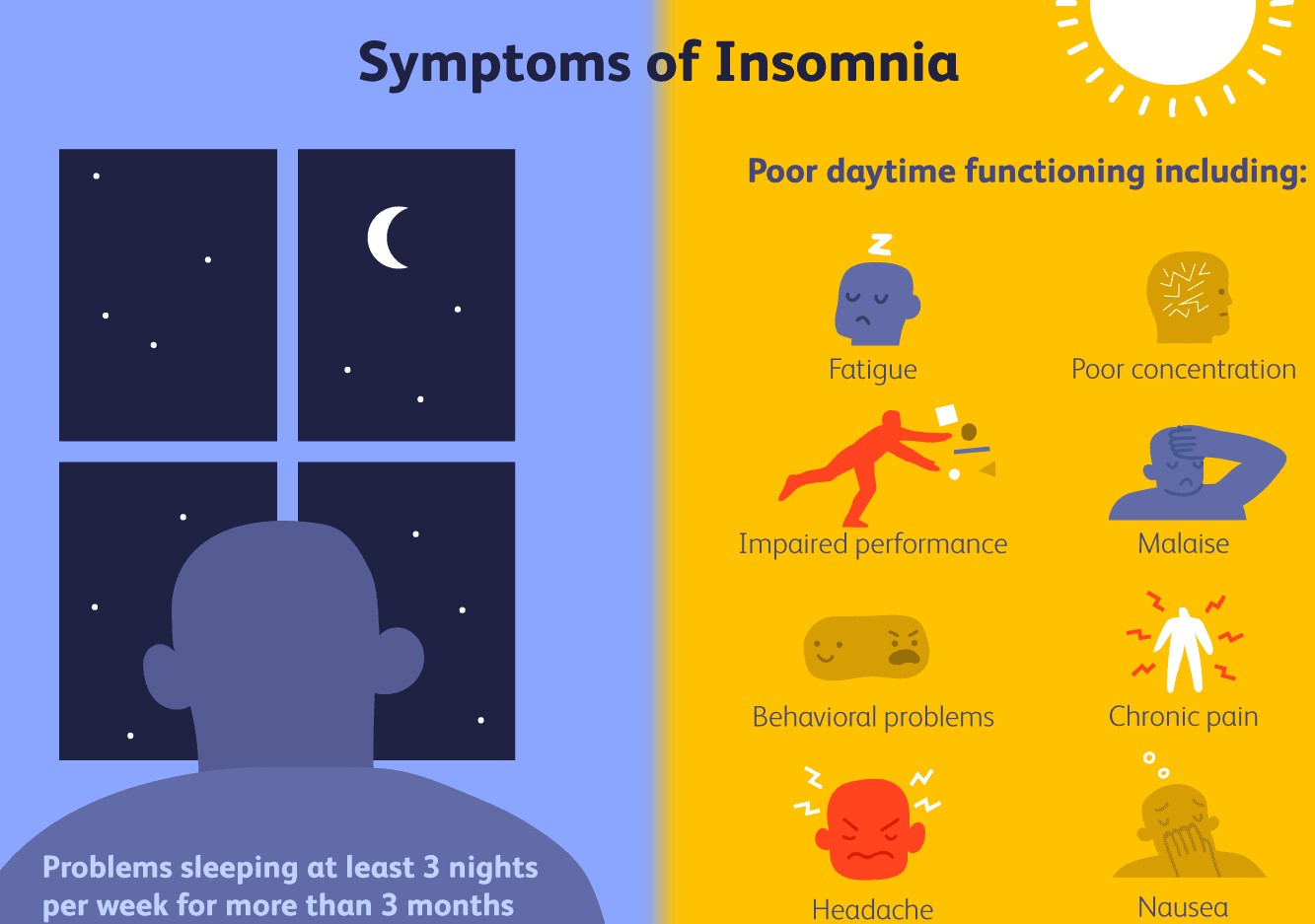
Real Struggles with Post-COVID Sleep problems
Sleepless nights can lead to various mental and physical problems. Numerous people fighting and recovering from COVID experience changes in their sleep when compared to their sleep before they became unwell.
It is difficult to fall asleep or stay asleep for some people. But, others may find they wake up earlier than usual and can’t get back to sleep. COVID-19 pandemic is a global health problem affecting millions of people around the world. This affects people both physical and medical aspects but also on psychological issues including anxiety disorders, depressive manifestations, sleep problems, and others.
Sleep disorders are commonly reported during the novel Coronavirus-19 pandemic either in the acute phase of COVID-19 infection or after recovery. These sleep problems result in a drastic burden on the recovered patients’ life.

Why sleep is affected During COVID-19 Pandemic?
COVID-19 leads to changes in sleep due to various reasons:
- Lack of natural daylight: This can interfere with the production of a chemical in our brain called melatonin making you feel sleepy.
- Medications: Some of the COVID-19 medicines impact your sleep.
If you are hospitalized your natural sleep cycle is disrupted as hospitals are noisy, busy places. Hospitals have an ample amount of people with alarms beeping on equipment, especially in intensive care units. Hospitals have uncomfortable hospital beds and if you have had a stay in hospital you may have a distressing experience. This can worsen if you had delirium such as hallucinations, delusions, and confusion whilst you were unwell.
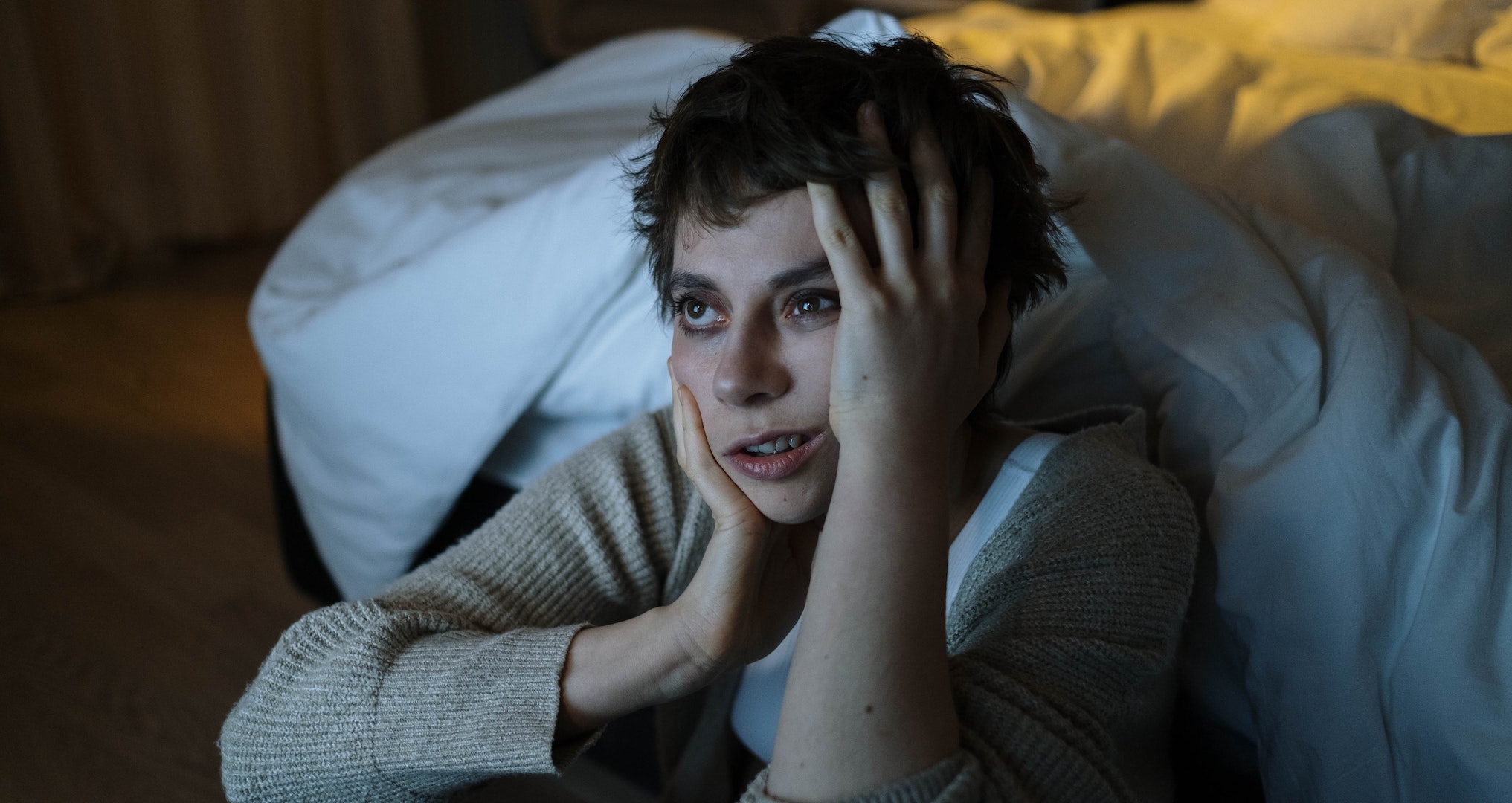
What are the kind of Sleep Problems after COVID?
Commonly people suffer from insomnia or COVID-somnia and circadian rhythm sleep-wake disorders (delayed-type), during the COVID-19 pandemic.
- COVID-Somnia: This is characterized by difficulties falling or staying asleep despite having the adequate opportunity for sleep. This has been termed as ‘COVID-somnia’. People experience insufficient sleep, tiredness during the daytime, feeling dull, waking up too early, waking up many times during the night, anxiety, depression, irritability, lack of concentration, being moody, and difficulty in remembering due to lack of sleep.
- Circadian Rhythm Sleep-Wake Disorder: People experience difficulty waking up in the morning and falling asleep at a societal normative time. But, going to bed and waking up at a later time sleep is not an issue. This denotes a group of sleep disorders that share the common feature of a disruption in the timing of sleep. Circadian rhythm is your body’s 24-hour “internal clock” that controls your body’s sleep-wake cycle. This involves:
- Difficulty falling asleep.
- Difficulty staying asleep and waking up several times during the sleep cycle.
- Waking up too early and can’t go back to sleep.
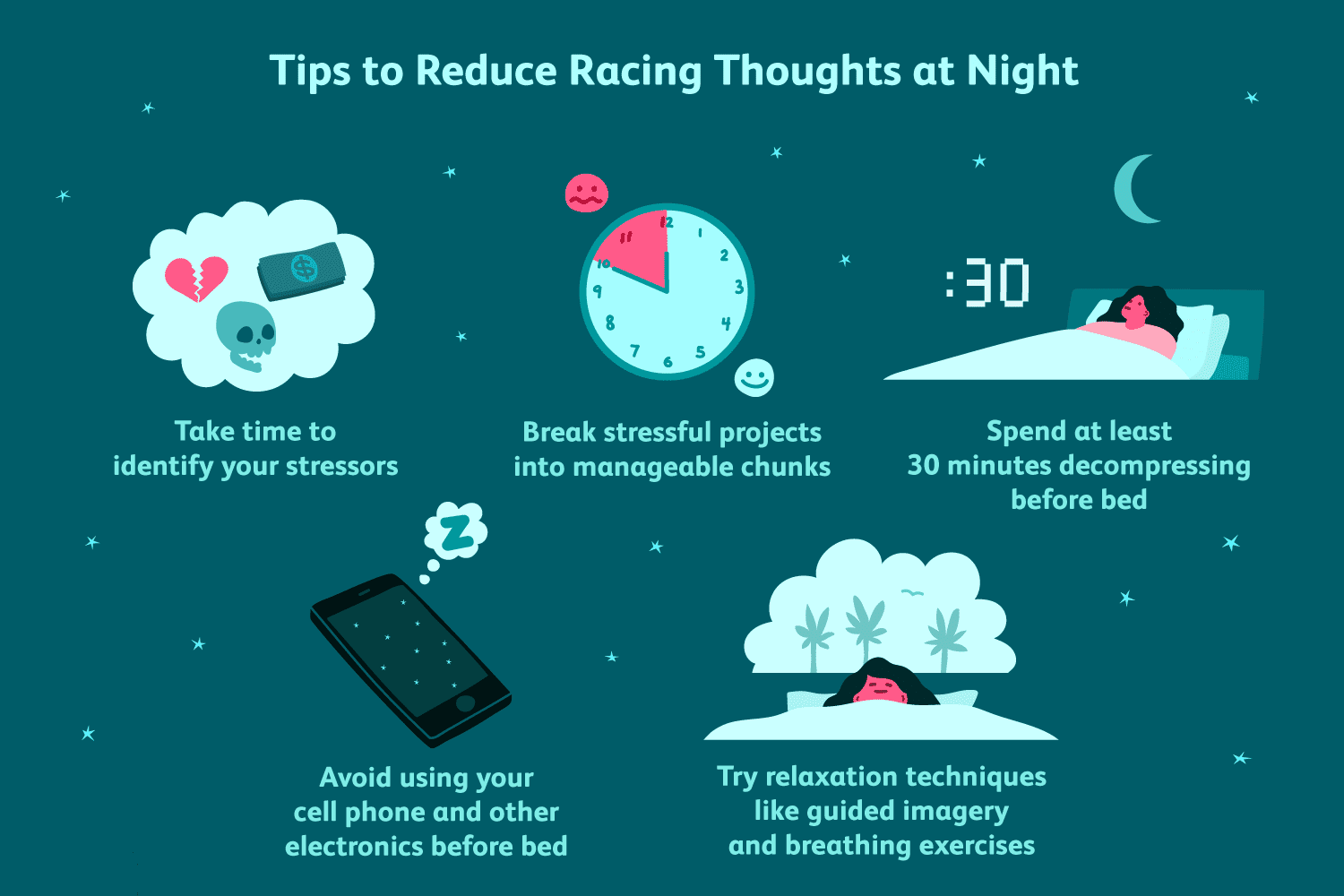
How to Treat Sleep Problems after COVID?
There are many ways to treat sleep-related problems after recovery from COVID-19. This includes:
- Stick to a routine: It is important to follow a regular schedule and stick to your regular wake time. Cardiac rhythm can be stabilized if you wake up at the same time every morning. There are chances you’ll be more tired if you arise at the same time each morning and avoid napping regardless of the little sleep you had the night before.
- Schedule wind-down time: Assign sometime before bed as wind-down time for relaxing in a room with dim lighting and engaging in a non-stimulating activity. This may often include watching re-runs of your favorite old shows, doing crossword puzzles, or reading a good, old-fashioned paper book. You should avoid hearing highlights about COVID cases or symptoms right before bed. Instead, you should use guided meditation and relaxation.
- Stay away from electronics: You should avoid mindlessly scrolling through your phone or watching shows on your laptop. It has been proved that blue light from electronics can impact your circadian rhythm, keeping you wide awake when you’re supposed to be feeling tired.
- Creating an ideal sleeping environment: This usually includes a dark room with temperatures somewhere between 65 and 70 degrees. As the temperature is on the cooler side you tend to have a restful sleep. You should avoid taking a really hot bath before bed, as it can increase your core body temperature and make it difficult to sleep.
- Exercise in the afternoon: The cardio, at least 3 hours before bedtime helps raise your core body temperature. Afternoon exercise can also be beneficial for sleep.
- No large meal right before bed: Eating a heavy meal at least 2 hours before bedtime will make it difficult to fall asleep. But, if you’re prone to waking up because you’re hungry, having a light snack won’t hurt, like a small portion of crackers, fruit, or cheese.
- Limit your caffeine and alcohol intake: The caffeine can stay in the body for eight hours, which is longer than most people think. Also, while alcohol can make you initially sleepy, it can wake you up as it becomes metabolized in the middle of the night.
- Get out of bed: If you wake up in the middle of the night, go to a different room that’s comfortable and quiet, and engage in the activity you’d be doing during wind-down time. These may involve pleasantly occupying your mind but that isn’t too stimulating.
The treatment goal is to make you feel sleepy again. There are often where the temptation is to do dishes or fold laundry, but you don’t want to make this time super productive. This might subconsciously reinforce the notion that you’ll be more productive if you wake up in the middle of the night.
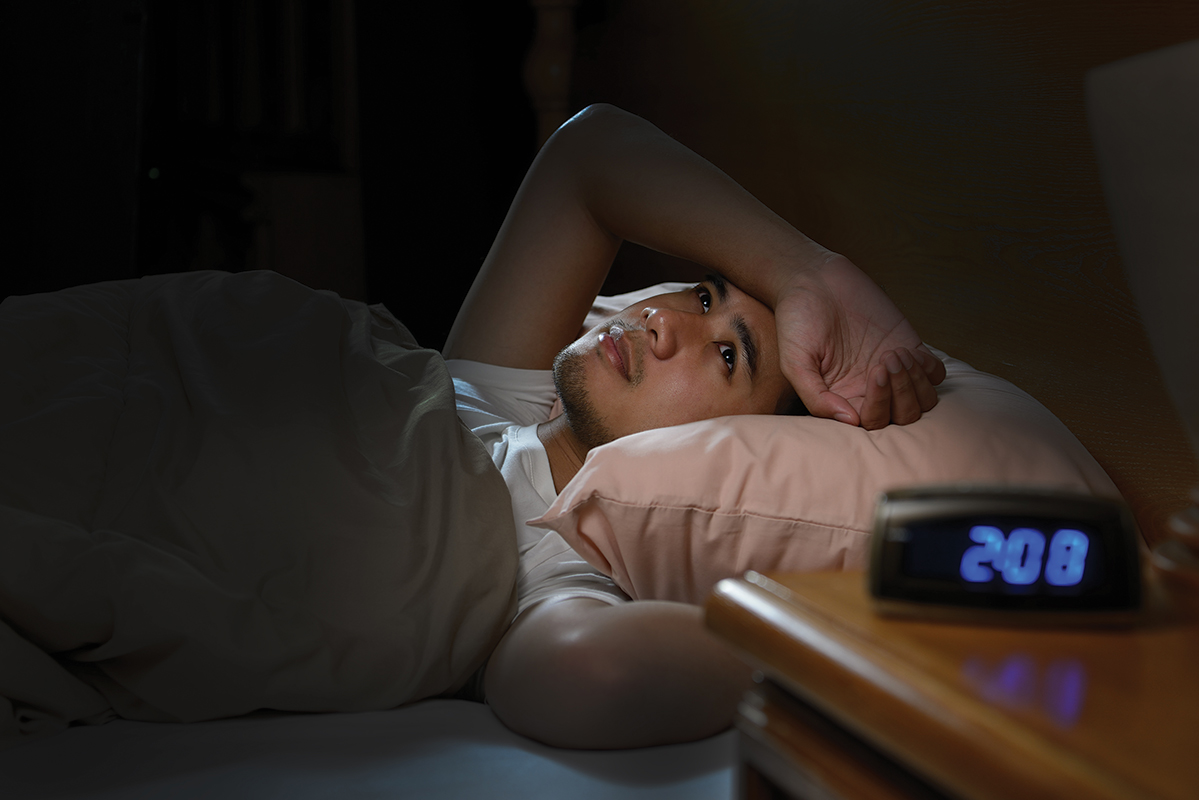
Outlook
Post-COVID-19 sleep disturbances were commonly reported in the recovery period, also these sleep deficits had an impact on the physical and mental aspects of quality of life, so these sleep problems must be managed properly especially in this critical pandemic era. The sleep difficulties that emerge during the pandemic can develop into one of the two sleep disorders: COVID-somnia and circadian rhythm sleep-wake disorders, especially delayed-type.
If you or anyone you know is suffering from the effects of Covid-19, our expert providers at Post Covid Centers will take care of your health and help you recover.
Call us on (469) 545-9983 to book a telehealth appointment for a home check-up.
People Also Read:
Post Covid Syndrome vs. Fatigue
While COVID-19 is a short-lived disease in most people, others experien...
Post Covid Syndrome vs. Skin Weakness Problems
A new study illustrates that some patients with COVID-19 disease have continuous skin-associated symptoms...
RELATED BLOGS
